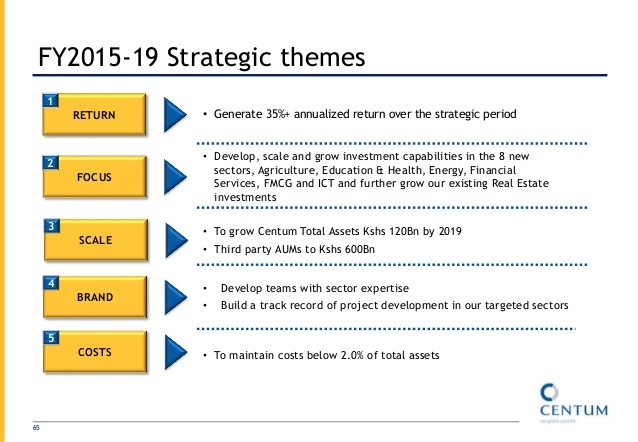Investment Clubs Pool Assets Expertise
Post on: 10 Июнь, 2015 No Comment

Many investors want to discuss investing with like-minded people. These investors, however, often have day jobs that don’t give them an opportunity to exhibit and expand their investing knowledge throughout the day. For these people, joining an investment club offers the best opportunity to network with other investors and grow in their investing ideas.
In this article, we will look at the pros and cons of joining an investment club.
Investing Over Coffee
Investment clubs have been around for a long time. The first investment clubs sprang up in British coffee shops, where shares were traded before the country even had a proper stock exchange. (For more on this evolution, read The Birth Of Stock Exchanges .)
As the investing universe expands, it is increasingly difficult for individuals to stay abreast of new developments. This has resulted in a surge of investment clubs as a tool to help investors stay informed. There are two basic types of investment clubs: group portfolio clubs and self-directed clubs.
- Group Portfolio Clubs
In the case of group portfolio clubs, members invest their money together and make decisions according to the group consensus. The decision-making process of these clubs varies, but all members usually have a say in the direction of the portfolio through a vote.
Every vote may be even, or people with more money in the club portfolio might have more of a say. Operating a little like a mutual fund, the club portfolio allows first-time and small-scale investors to buy into larger investments than they could access on their own.
For tax reasons, these clubs are either framed as partnerships or limited liability companies. Where it is possible, the partnership structure is used so that the portfolio passes its tax burden on to the members rather than incurring double tax like an incorporated entity. (For more information, read Should You Incorporate Your Business? )
Self-directed investment clubs are the do it yourself, but not alone, approach to investment clubs. The members meet and discuss various investments, strategies and anything else to do with investing.
The members then take that information and do what they please with it. The focus of these clubs is usually to have a forum to learn about and discuss investing.
Benefits of Investment Clubs
The biggest benefit that an investment club offers is education. Education comes in many forms, but merely speaking with other investors will be a great boon to someone who has been going it alone and learning along the way.

Many clubs use membership fees to host lectures by industry professionals or set up symposiums where you can get access to the broader investing world. Many club members can also get discounts on investing books and magazines, as well as software and other tools.
Additionally, investing clubs provide individual investors with a valuable referral network. Other members will be able to provide you with accountants, brokerages, lawyers and other professional referrals to check out for your own needs.
The pool of resources and the additional brains sifting the financials means that investing clubs can help keep you up-to-date. This can mean tip-offs on companies to watch or information on legal issues and tax laws as they affect investors. The performance of a club’s portfolio may be the smallest part of the appeal of joining an investing club.
Words of Caution
Despite the benefits, investment clubs do require a cautious approach — particularly group portfolio clubs. Research the club’s portfolio as you would a fund, both for performance and a clue about the strategy it employs. This will give you an idea of whether the group matches your own investor profile.
If you have a high level of risk tolerance and the club portfolio is mostly in index funds and bonds, then it just isn’t meant to be. The personality of a group portfolio can change as members come and go, but the best clubs are the ones that are consistent in their aims (for example, a value investing club ). Changing investing approaches can cause overall portfolio losses for all the members. (For more insight, read Personalizing Risk Tolerance .)
With self-directed clubs, this is not a concern, but it is still important to research a club before joining. Investment clubs are often ripe for people pushing particular investments or for salesmen looking to buy personal information (leads) about people with cash and a desire to invest. Talk to members and attend a meeting or two of a prospective club before giving up any personal information. Clubs that have many longtime members are likely legitimate. Clubs where almost everyone is there for the first time are either just getting started or are a frequent hunting ground for salesmen who push repeat members away.
Conclusion
A quick online search will reveal that there are investment clubs for almost any type of investor. The benefits of joining one of these clubs are numerous, with education and exposure to other like-minded investors being the most important. If you do your homework, you will find a club where you can benefit from the knowledge of others and they can benefit from yours.
Keep reading about investment clubs in Investment Clubs Offer Experience And Insight and Get Active, Join a Club!














